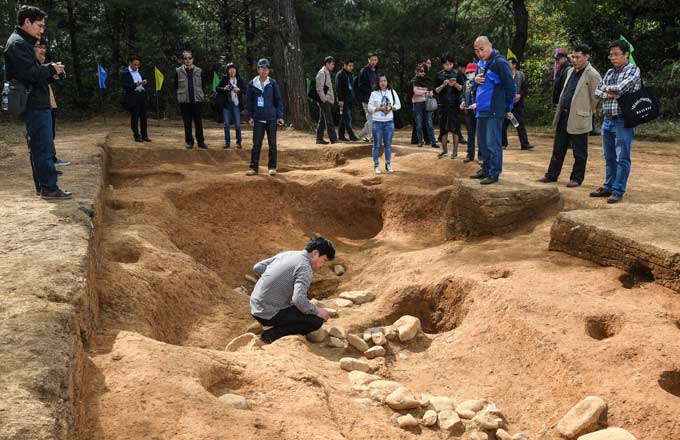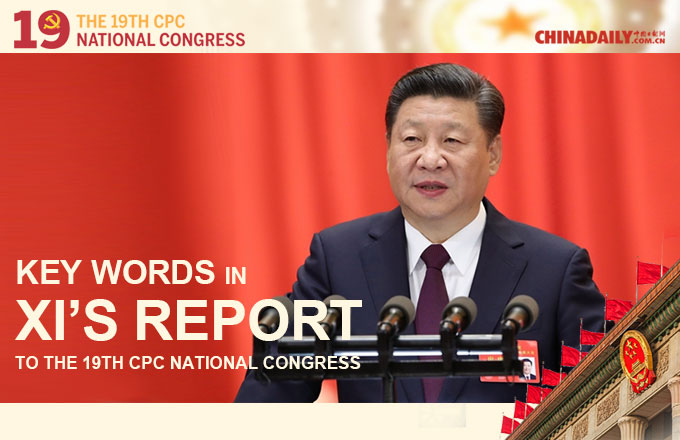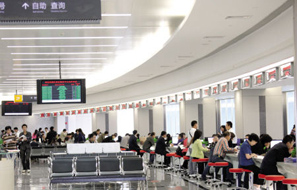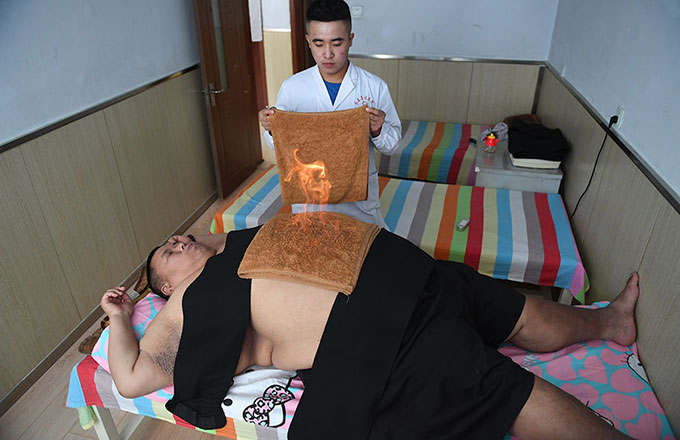Shanghai gets center for teacher training
UNESCO voted to support the creation of a teacher education center at Shanghai Normal University during the international agency's recent 39th general conference in Paris. The motion passed without debate.
The center, the first Category 2 center under the auspices of UNESCO in China, will substantially increase the supply of qualified teachers in developing countries through international cooperation. Category 2 centers are funded directly by the member states where they are located, but their scope goes beyond the country's boundaries.
The center in Shanghai will provide suggestions for innovative projects and policy improvements to UNESCO member states.
"It will play a significant role in global governance, enhancing the agency's influence and strengthening multicultural soft power," said Zhang Minxuan, director of the preparatory group for the new center.
Through the establishment of the center, Shanghai will cooperate in UNESCO's Education 2030 Agenda, which aims to wipe out poverty through sustainable development by 2030. Education was recognized in the agenda by the international community as an essential element for the success of its goals - ensuring inclusive and equitable quality education and promoting lifelong learning opportunities for all.
Under the current plan, the cooperation will involve 10 research and training projects covering areas including Southeast Asia, Central Asia, the Middle East and Africa.
A city noted for its outstanding performance in many international educational assessments, Shanghai is ready to take on more responsibility and contribute to the international community, Zhang said.
In 2016, Shanghai's junior high school teachers were rated as the world's most qualified in the Teaching and Learning International Survey carried out by the Organization for Economic Cooperation and Development.
In the three-year survey, which included teachers from 38 countries and regions, Shanghai teachers received the highest scores in 12 categories, including efficiency of lessons, encouraging students to be engaged in classes and professional training. The overall performance of the city's teachers also exceeded the international average standard as measured by 40 other indicators.
Karine Tremblay, director of the survey, said in an interview run by the journal Shanghai Education that "many initiatives concerning teachers' professional development implemented in Shanghai can serve as world models".





















